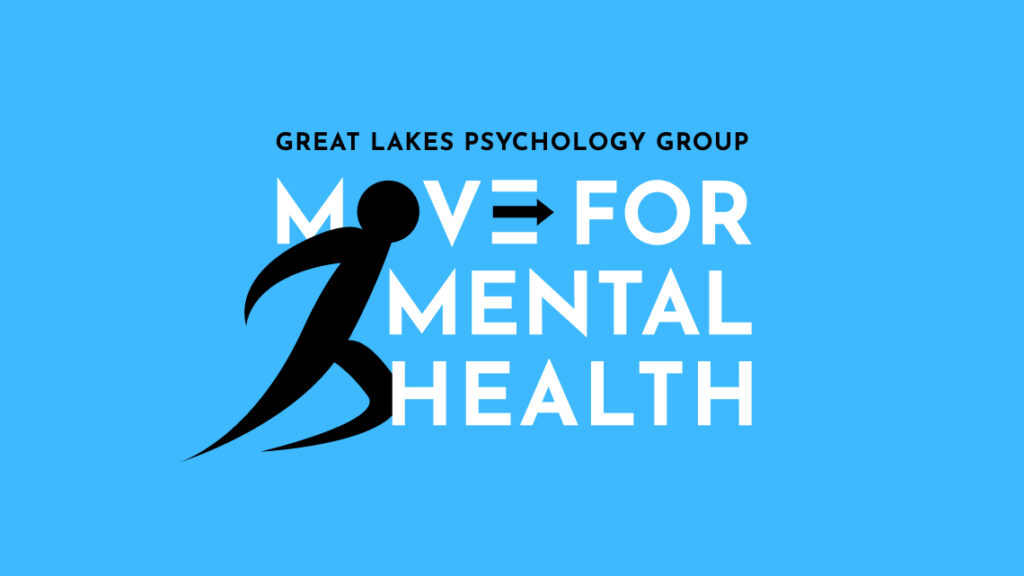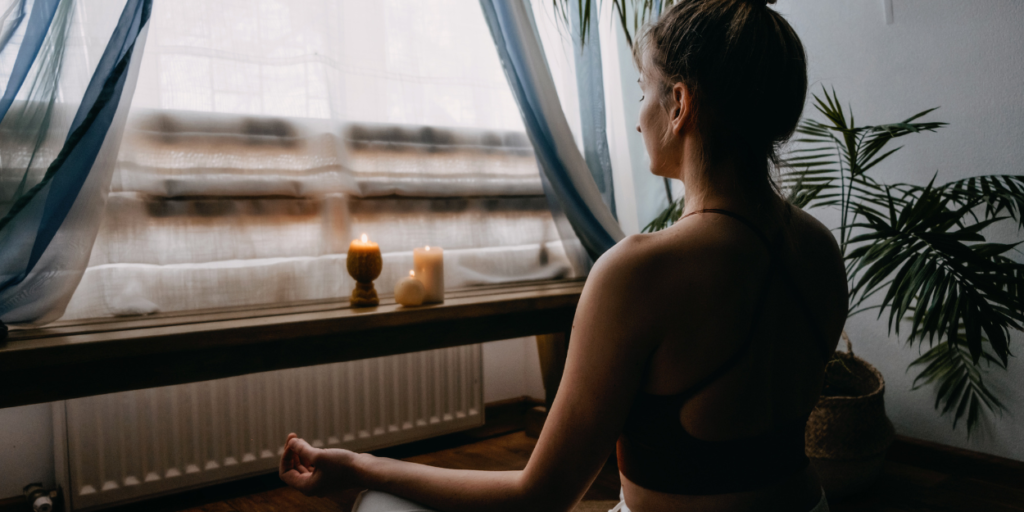5 Tips for Improving Your Sleep

Looking for tips for improving your sleep?
A consistent sleep schedule is imperative to both your physical and mental health. If you struggle with sleep, you know that poor sleep can lead to a long list of downstream consequences for your mood, level of functioning, and quality of life. People who frequently have difficulty getting to sleep or staying asleep all night may often become hopeless that better sleep will ever come. On the contrary, improving your sleep may be simpler than you thought.
While some people may naturally have an easier time with sleep than others, sleep experts assert that a great deal of one’s sleep quality is determined by environmental and behavioral factors as opposed to biological or genetic factors. In other words, better sleep can be achieved by making changes to your environment and by practicing certain habits.
These environmental and behavioral factors that contribute to better quality sleep have been coined “sleep hygiene” practices. Sleep experts have nailed down a list of key practices that help to promote restful sleep and optimal alertness throughout the day.
5 tips for improving your sleep
1. Wake up at the same time every day (even on the weekends)
A good night’s sleep doesn’t just start at bedtime – in fact, the choices you make throughout the day, starting with when you wake, are important for optimizing your sleep. While getting to sleep early enough every night is important for getting enough sleep, sleep experts recommend that waking up at the same time every day is the most effective way to regulate your circadian rhythm. This consistency helps to promote restful sleep and wakefulness throughout the day.
2. Implement a relaxing bedtime routine
Practicing a bedtime routine helps to give your brain a heads-up that you’re getting ready to go to sleep. Try some relaxing nighttime activities like taking a warm bath or shower, reading, or stretching. Conversely, try to avoid stimulating substances like caffeine or nicotine and stimulating activities like working, exercise, or emotional conversations too close to bedtime.
3. Create the optimal sleep environment
Temperature, sound, light, and comfort are all important considerations for your sleep environment. Sleep experts recommend keeping the temperature between 60 and 67 degrees to promote restful sleep. Consistent “white noise” like a fan or a white noise machine can help to block sudden noises that may disturb your sleep. Keeping the room dark also promotes restful sleep, so turn off or cover up anything that may be emitting light and use blackout curtains to keep light from coming in the windows.
Finally, are you comfortable? Finding the right mattress and pillow can be a worthy investment if it means a restful night’s sleep.
4. Avoid daytime naps, or keep them under 30 minutes
If you struggle to get a good night’s sleep, you may find that a daytime nap is the only way to make it through the day. A quick nap can in fact be an effective way to boost your energy and improve your focus for the rest of the afternoon. Just be careful not to let a quick nap turn into a long one – longer naps can leave you feeling groggy because they require you to wake up from a deeper sleep.
Also, be careful not to nap too late in the day; even a quick nap in the evening can make it more difficult to fall asleep at bedtime. If you’re caught in a cycle of poor nighttime sleep and long daytime naps, try challenging yourself to a day of no naps to reset your sleep cycle.
5. Exercise every day
According to the National Sleep Foundation, as little as 10 minutes of aerobic exercise (e.g., activities like brisk walking or running, swimming, and cycling) can be enough to improve the quality of your sleep.
Still struggling with sleep?
Improving your sleep hygiene can be an important start to improving the quality of your sleep. However, underlying emotional processes like depression, anxiety, stress, grief, and more can also contribute to poor sleep. If you find that you struggle with sleep despite practicing good sleep habits, this may be an indication that it’s time to seek help. GLPG makes it easy to find your best-fit therapist.
Ready to prioritize your mental health?
Great Lakes Psychology Group is here to help. With an extensive network of caring therapists available to meet online or in-person, we make it easy to find the right fit for your unique needs.



